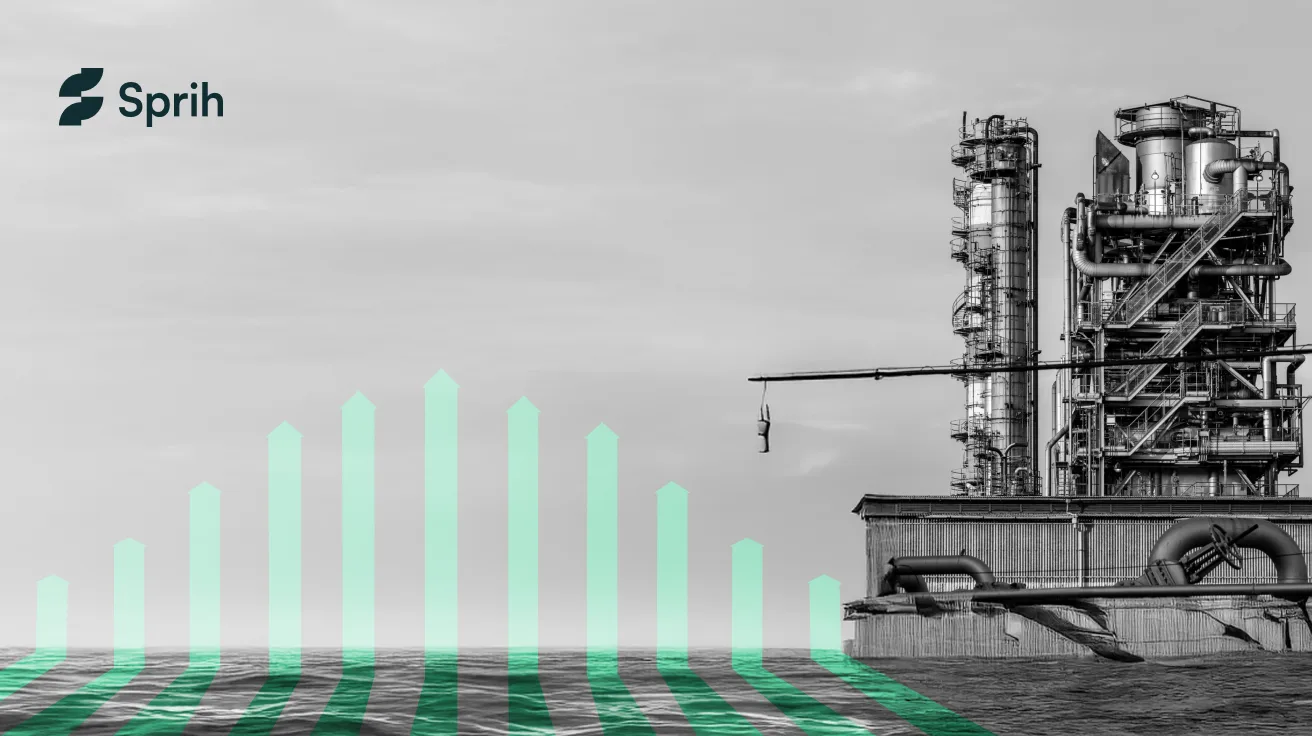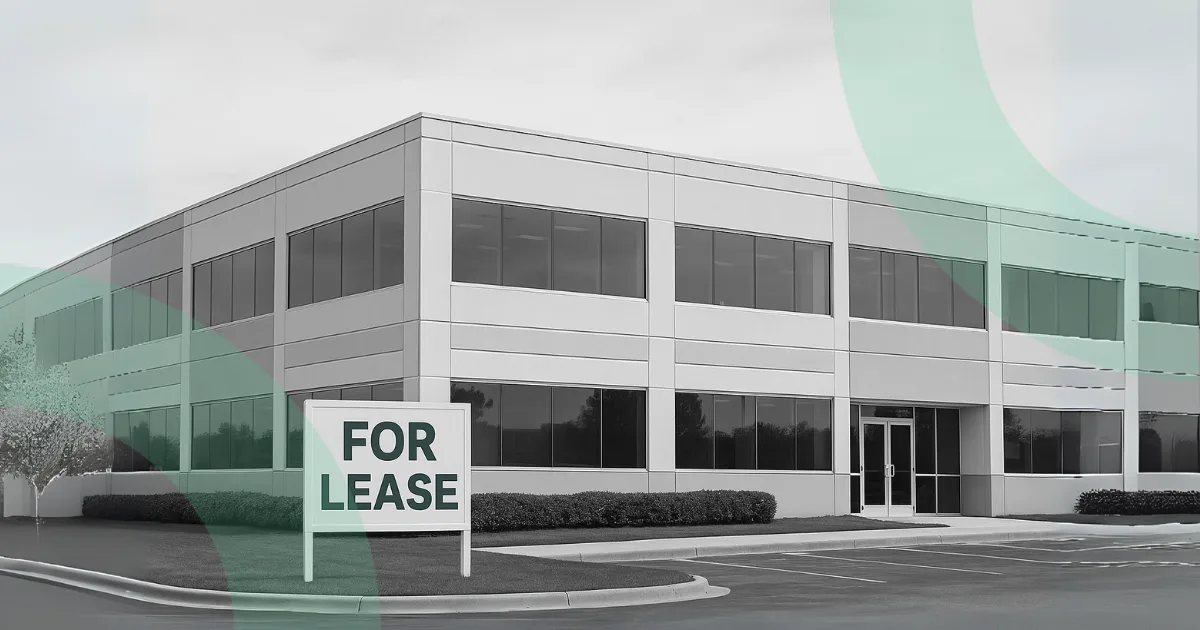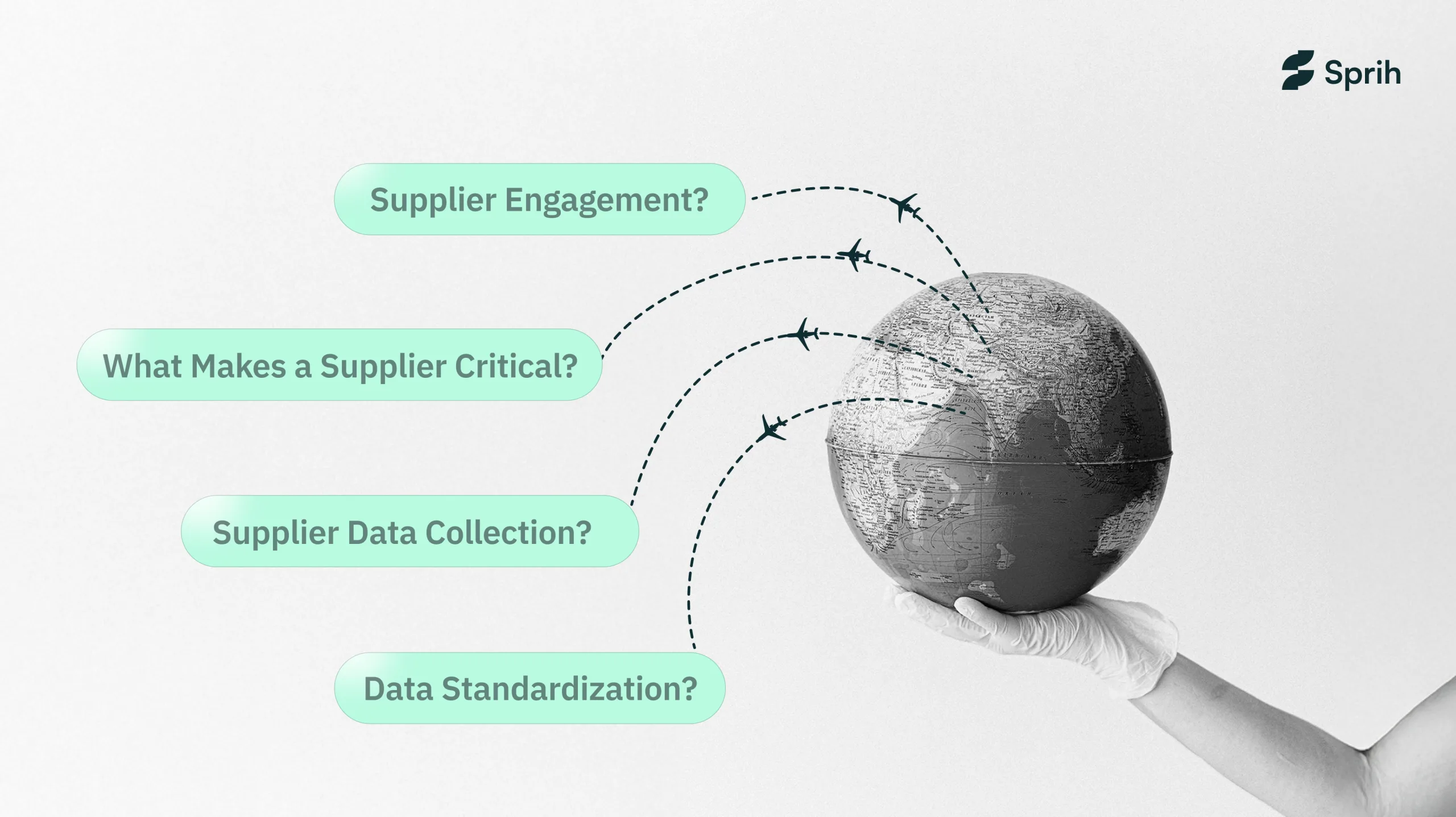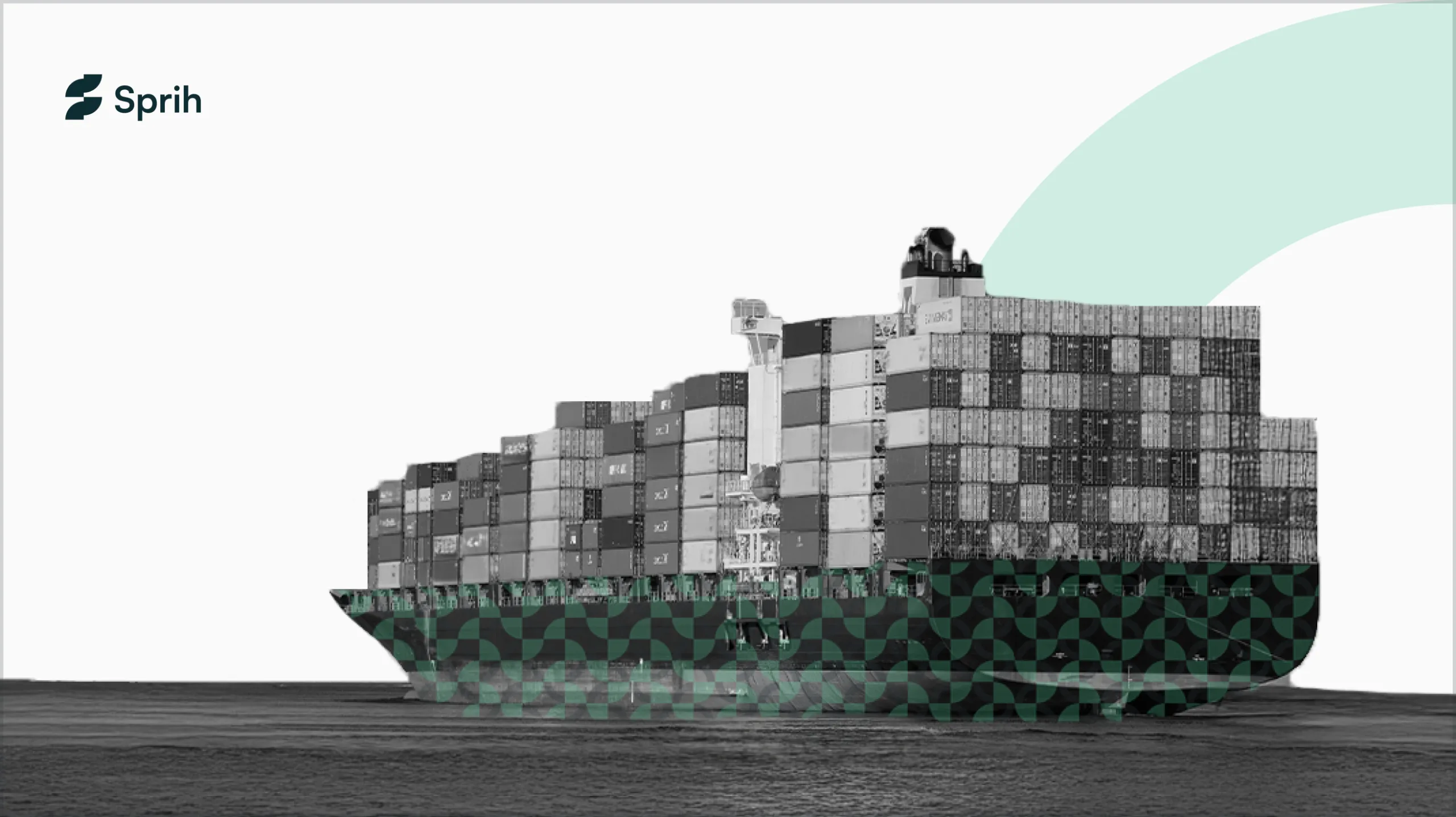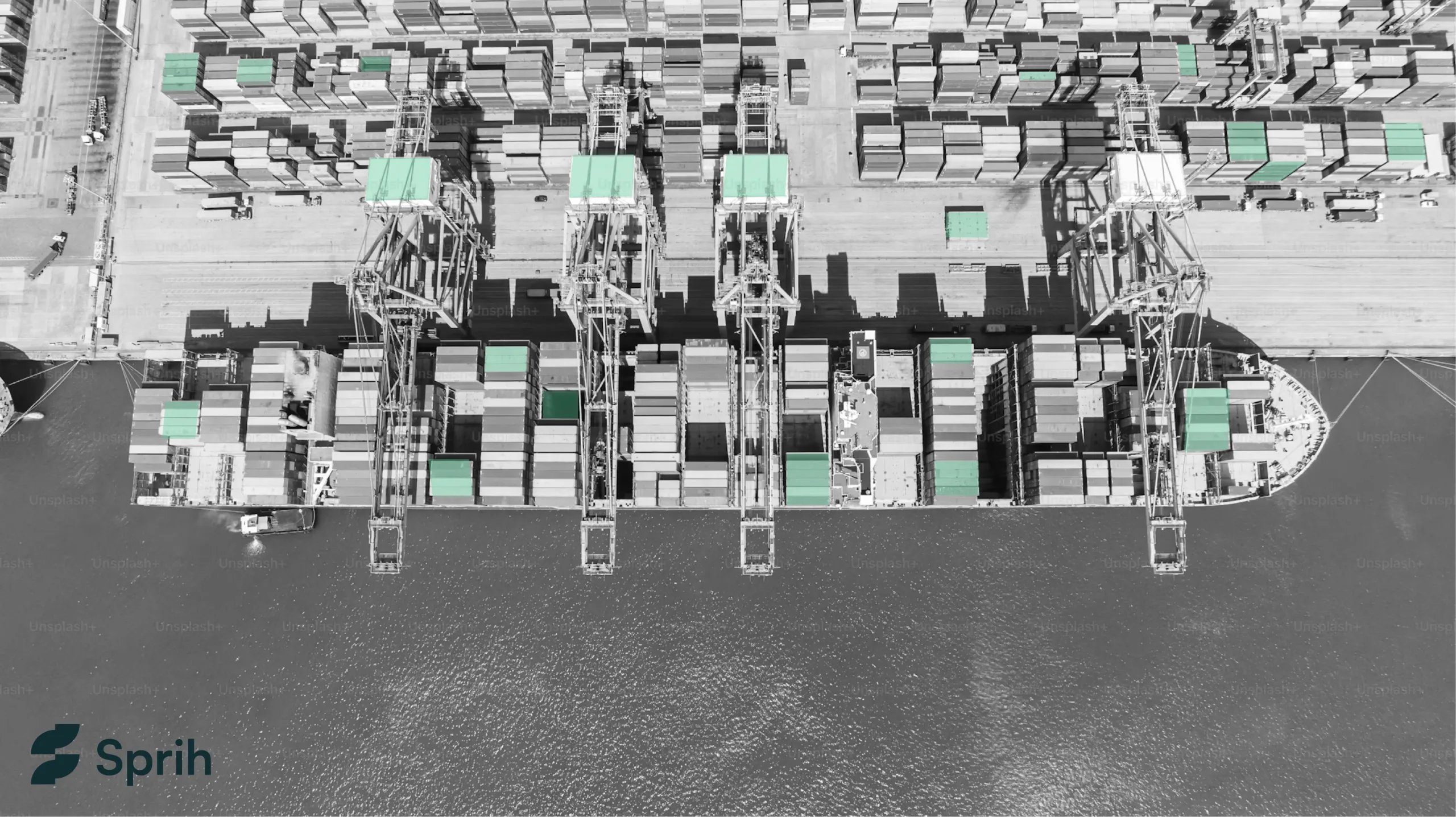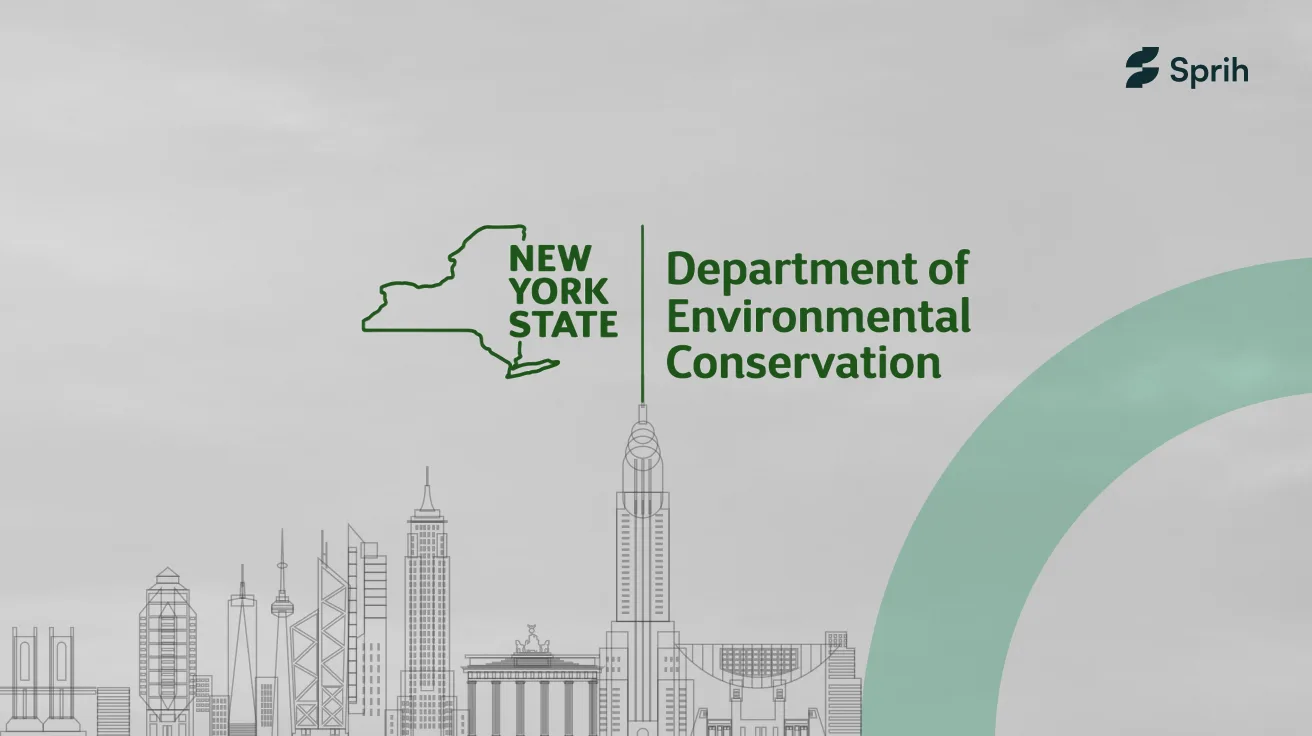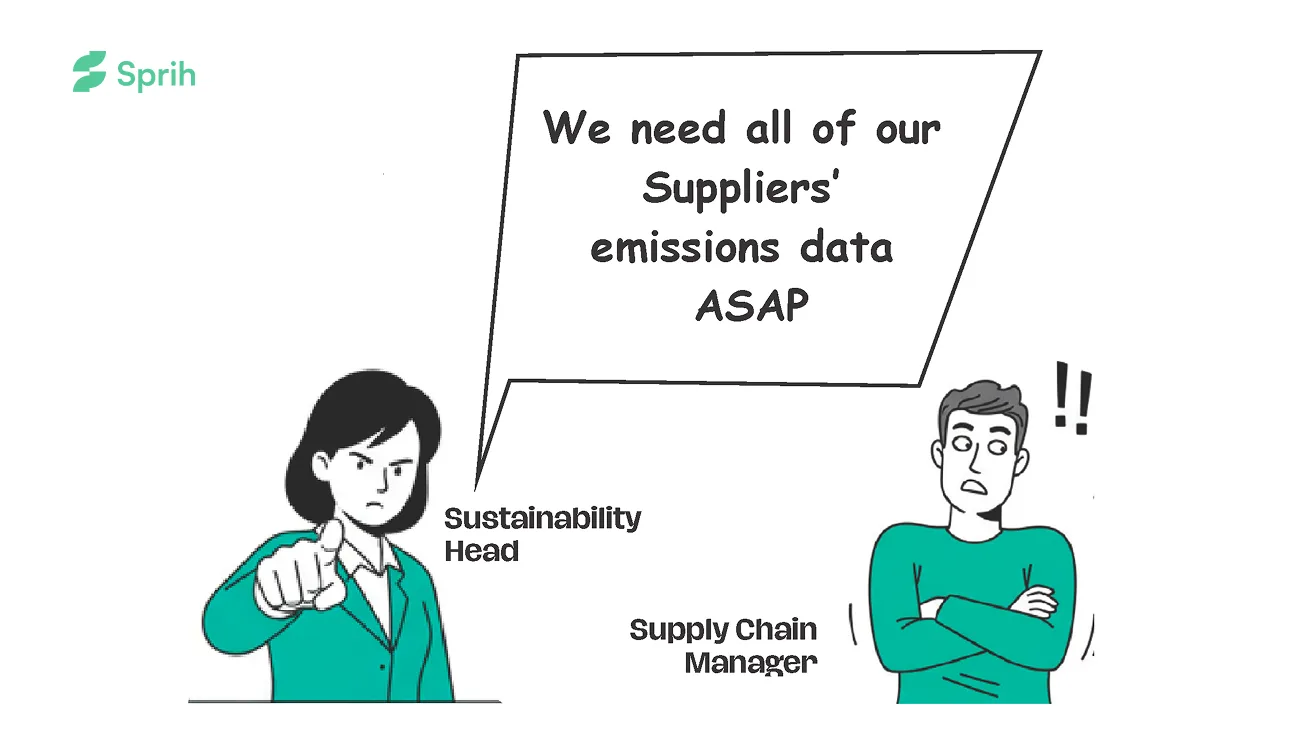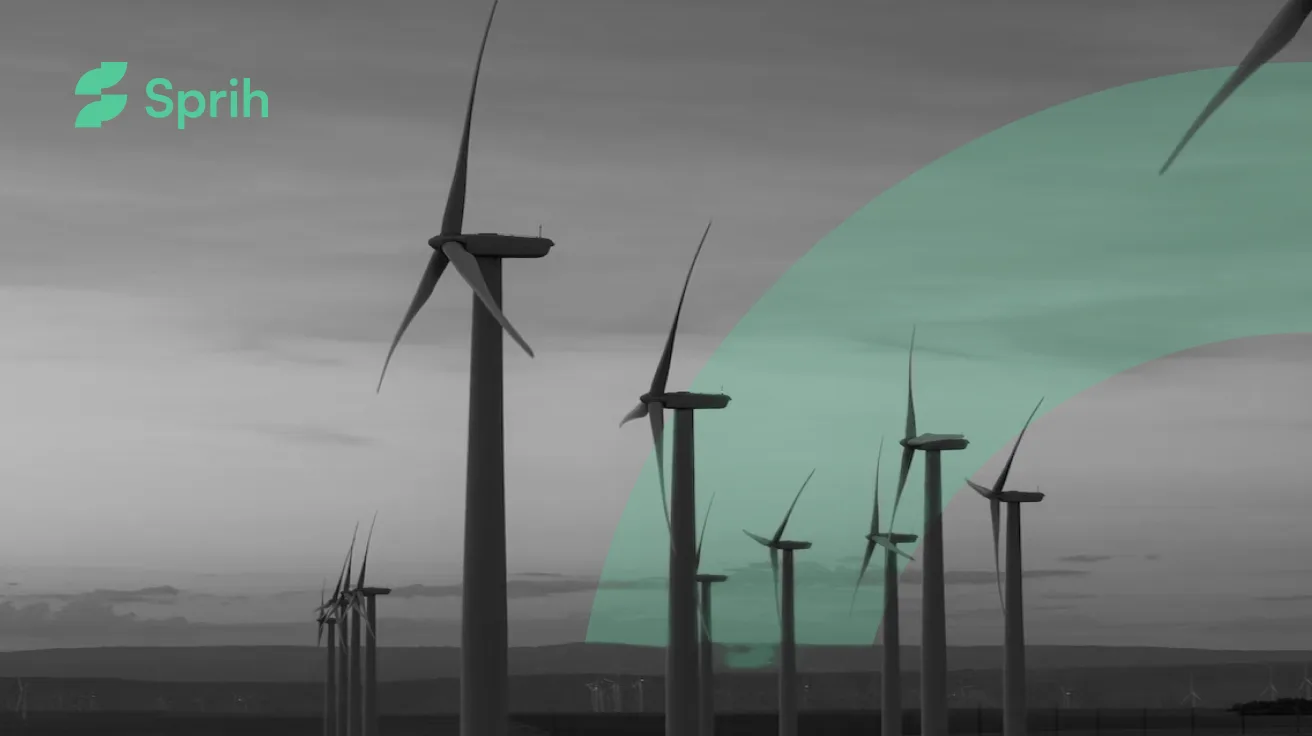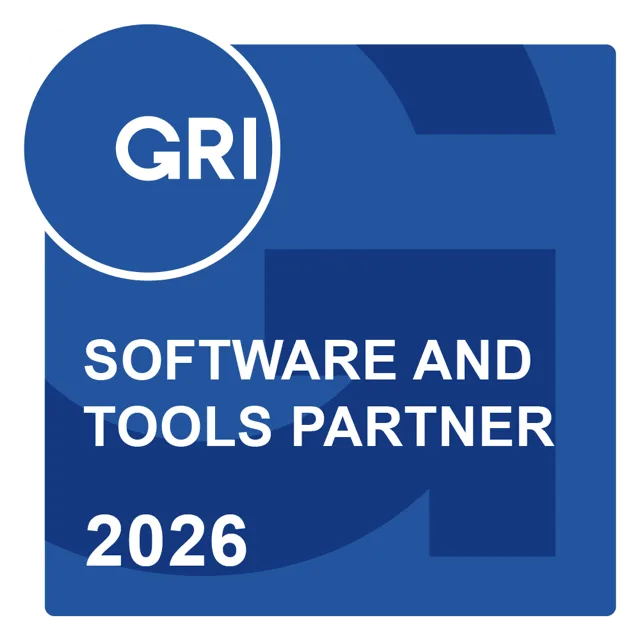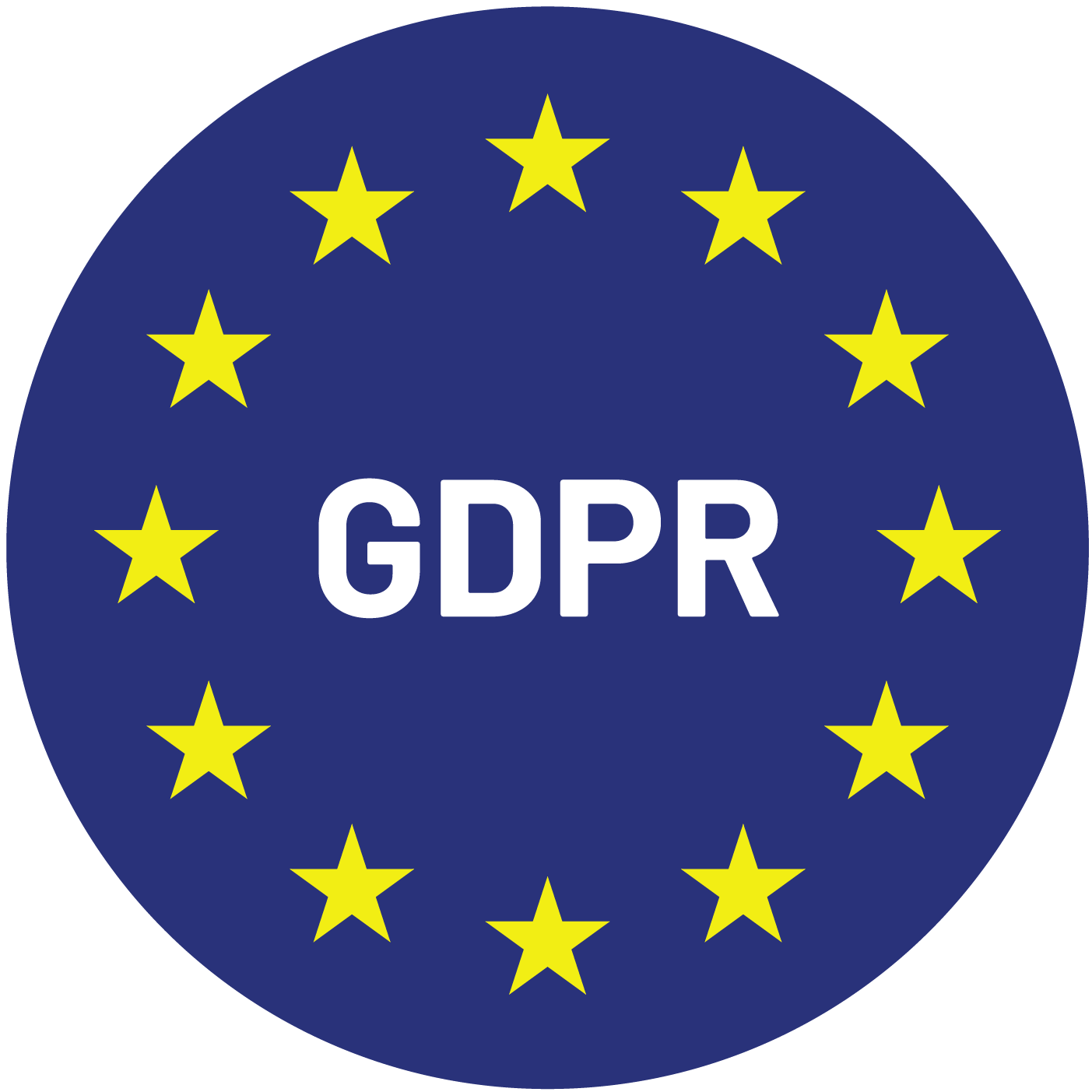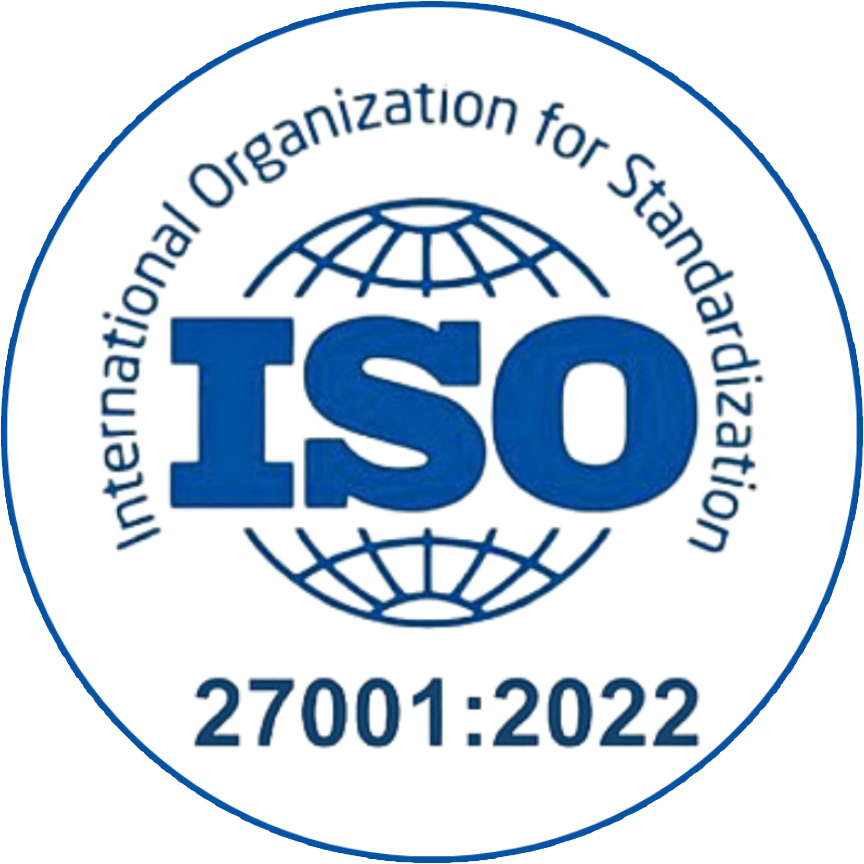For franchisors, the responsibility for sustainability extends beyond owned operations. Every franchised outlet that carries your brand, whether it’s a restaurant, retail store, or hotel, adds to your carbon footprint. While these emissions occur outside your direct control, they are still part of your value chain. Under the GHG Protocol, these fall under Scope 3 Category 14: Franchises, one of the most overlooked yet impactful categories in corporate emissions accounting.
This blog breaks down what Category 14 includes, why it matters for brand integrity and sustainability disclosure, and how franchisors can embed emissions responsibility across their network.
What Is Scope 3 Category 14?
Scope 3 Category 14 covers emissions from the operation of franchises not included in a company’s Scope 1 or Scope 2 inventories.
A franchise is a business operating under a license to sell or distribute another company’s goods or services within a defined territory.
- Franchisors: Companies that grant licenses (e.g., a global restaurant chain or retail brand).
- Franchisees: Independent operators who pay royalties or fees to use that brand.
The GHG Protocol directs franchisors to account for the Scope 1 and 2 emissions of their franchisees in this category. Even if the franchisor doesn’t operate those facilities, the brand association makes the emissions part of the corporate value chain.
Example: A fast-food franchisor should include emissions from the energy use, refrigerants, and cooking fuels used by its franchise restaurants.
Source: [GHG Protocol Technical Guidance – Chapter 14 (Franchises)]
Why Scope 3 Category 14 Matters for Businesses
1. Completes Your Brand’s Carbon Footprint
For large franchise networks, emissions from franchisee operations can exceed the franchisor’s own operational footprint. Including Category 14 ensures a complete and transparent inventory.
2. Meets Global Disclosure Requirements
Frameworks such as CDP, SBTi, and CSRD expect full value-chain coverage, including downstream emissions from franchises.
Excluding these can make corporate disclosures non-compliant or incomplete under recognized sustainability standards.
3. Protects Brand Reputation and Investor Confidence
Consumers and investors increasingly judge companies by the sustainability of their extended networks.
If franchisees operate inefficiently or wastefully, the reputational damage can affect the franchisor’s entire brand.
4. Enables Collective Climate Action
Franchisors have influence without ownership. They can set sustainability standards, provide tools, and drive systemic change across thousands of independently operated sites.
5. Unlocks Efficiency and Innovation
Franchisors that embed sustainability guidelines see cost savings, lower risk exposure, and improved brand consistency across their network.
Industries Where Category 14 Is Especially Relevant
1. Food & Beverage Franchises
Quick-service restaurants and cafés generate significant emissions from energy, refrigeration, and food preparation.
Example: A global burger chain tracking energy and refrigerant use across all outlets to set network-wide emission goals.
2. Hospitality & Hotels
Hotel brands often operate under franchise models.
Their franchisee emissions include electricity, water, heating, and waste, which are significant contributors to the sector’s Scope 3 impact.
3. Retail & Consumer Brands
Retail stores under franchise or distribution agreements generate emissions from lighting, cooling, logistics, and packaging waste.
4. Automotive & Service Networks
Car dealerships and service centers operate as licensed franchises, consuming electricity and fuels that add to franchisor emissions.
Challenges Franchisors Face with Category 14 Emissions
1. Data Visibility and Consistency
Franchisees often use independent systems, making it difficult to access or standardize energy and emissions data.
Some may not track GHG emissions at all.
2. Limited Operational Control
Franchisors can influence, but not dictate, day-to-day franchise operations.
This complicates implementing energy-efficiency programs or renewable energy mandates.
3. Varied Franchise Models
Different regions and building types lead to varied energy mixes and performance benchmarks, requiring region-specific assumptions for accurate reporting.
4. Lack of Contractual Frameworks
Many legacy franchise agreements lack environmental reporting clauses.
This can make it difficult to mandate data sharing or sustainability compliance retroactively.
Opportunities for Franchisors to Lead
1. Set Brand-Wide Sustainability Standards
Include energy, waste, and emissions guidelines in brand manuals and franchise contracts.
Mandate renewable energy sourcing or waste-reduction practices as part of operational excellence.
2. Create Green Lease and Reporting Clauses
Add sustainability clauses to franchise agreements:
- Energy and emissions disclosure requirements
- Minimum efficiency thresholds (HVAC, lighting, refrigeration)
- Targets for renewable energy adoption
3. Centralize Data Collection
Implement central reporting dashboards where franchisees upload energy and utility data, enabling consistent tracking and benchmarking.
4. Engage and Train Franchisees
Provide training on energy management, waste segregation, and data tracking.
Offer incentives for high-performing franchisees that meet sustainability KPIs.
5. Communicate Success Transparently
Publish aggregated franchise emissions data in annual sustainability reports.
Highlight reductions achieved through collaboration, enhancing stakeholder trust and demonstrating leadership.
How Sprih Helps Franchisors Manage Scope 3 Category 14 Emissions
Sprih empowers franchisors to transform complex franchise networks into climate-aligned ecosystems.
With AI-powered data integration and GHG-Protocol alignment, Sprih helps you:
- Aggregate emissions data from all franchise locations automatically
- Standardize reporting across diverse geographies
- Benchmark franchise performance with real-time dashboards
- Enable franchisee engagement through simplified reporting workflows
- Generate audit-ready disclosures for CDP, SBTi, CSRD, and BRSR
Request a Demo to see how Sprih enables accurate, transparent Scope 3 reporting for multi-location and franchise-based businesses.
Franchise Sustainability Is Brand Sustainability
Franchise operations represent both a challenge and an opportunity for corporate climate leadership.
Scope 3 Category 14 ensures franchisors acknowledge and act on emissions linked to their brand, creating accountability across the value chain.
By engaging franchise partners, setting sustainability standards, and leveraging intelligent platforms like Sprih, companies can move from fragmented reporting to holistic climate action, building stronger, more resilient brands in the process.
Learn more about Scope 3 emissions management and value-chain sustainability at Sprih Insights.
FAQs
What are Scope 3 Category 14 emissions?
Scope 3 Category 14 emissions refer to greenhouse gas emissions from the operation of franchises that are not included in a company’s Scope 1 or Scope 2 emissions. These are indirect emissions generated by franchisees operating under a franchisor’s brand or license.
Why should franchisors account for franchise-related emissions?
Franchisors are expected to report franchise emissions to present a complete and transparent view of their value chain. These emissions reflect the environmental impact of the brand and are increasingly required under frameworks like CDP, SBTi, and CSRD.
How are franchise emissions different from owned operations?
Owned operations fall under Scope 1 and Scope 2 since the company directly controls the assets. Franchise emissions fall under Scope 3 because franchisees operate independently, even though they represent the franchisor’s brand and business model.
What industries are most affected by Scope 3 Category 14?
Industries with widespread franchise models—such as quick-service restaurants, hotels, retail chains, automotive service centers, and fitness brands—tend to have significant emissions under Category 14 due to their large operational networks.
What are the biggest challenges in managing franchise emissions?
The main challenges include limited access to franchisee data, lack of standardized reporting systems, and minimal operational control. Many franchise contracts also lack clauses requiring sustainability data sharing or emissions tracking.
How can franchisors encourage franchisees to reduce emissions?
Franchisors can embed sustainability guidelines into franchise agreements, provide training on energy and waste management, set performance benchmarks, and use centralized reporting systems to measure and compare progress across outlets.
How does Sprih support franchisors in managing Scope 3 Category 14 emissions?
Sprih offers an AI-powered platform that helps franchisors gather, standardize, and analyze emissions data from all franchise locations. It simplifies reporting, enables compliance with global standards, and provides insights to reduce network-wide emissions.

